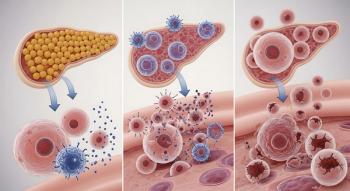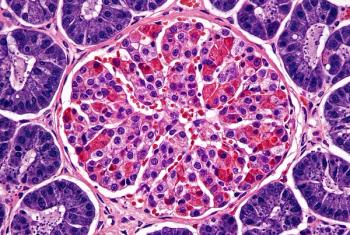
Researchers to Study the Autoimmune Process in Type 1 Diabetes
The NIH is funding a new study at Weill Cornell that aims to identify the regulatory roles of gene variants involved in Type 1 diabetes development.
Weill Cornell Medicine has received a four-year, $3.4 million grant from the National Institute of Diabetes and Digestive and Kidney Diseases, part of the National Institutes of Health, for a study of the details of the autoimmune process that causes Type 1 diabetes.
Type 1 diabetes is a disease where the immune system destroys insulin-producing beta cells in pancreatic islets. The lack of insulin results in hyperglycemia and can lead to acute life-threatening complications such as diabetic ketoacidosis, a serious complication where the body is not able to use sugar for energy. Patients rely on insulin and careful monitoring of blood glucose levels. About 2 million Americans have Type 1 diabetes.
But how and why beta cells are attacked by immune cells has never been well understood, although there is evidence that the process generally requires a genetic susceptibility as well as one or more environmental triggers.
Shuibing Chen, Ph.D., the Kilts Family Professor of Surgery and director of the Center for Genomic Health at Weill Cornell Medicine, will lead the project. Stephen Parker, Ph.D., professor of computational medicine and bioinformatics, human genetics and biostatistics, and director of the Epigenomic Metabolic Medicine Center (EM2C) at the Caswell Diabetes Institute at the University of Michigan, is the principal investigator.
“Our interdisciplinary collaboration brings together expertise in genetics, genomics, organoid biology, and computational methods to discover the relationship between genetic and environmental influences in type 1 diabetes,” Parker said in a news release.
The team will explore both genetic and environmental factors, including how molecular details of individual beta cells and immune cells differ between patients with Type 1 diabetes and healthy individuals.
The exact cause of Type 1 diabetes is not known. Several risk factors, however, have been identified. Previous studies have found more than 100 specific locations on the human genome where variants are associated with higher risk of the disease. The risk is increased by
Chen and her team aim to identify the specific regulatory roles of many of these risk variants. They will study how these differences change over time using 3-D cell cultures, called organoids, to model the parts of the pancreas where beta cells are found and attacked by the immune system. “We expect these findings to have a substantial impact on the development of new disease progression markers and therapeutic strategies,” Chen said in a
Both Chen and Parker have participated in research of Type 1 diabetes. Last month, they, along with a separate team of researchers,
In this study, researchers found that the loss of RASGRP1 or DLK1, as well as disruption of their corresponding regulatory regions, led to increased beta cell death.
Newsletter
Get the latest industry news, event updates, and more from Managed healthcare Executive.























